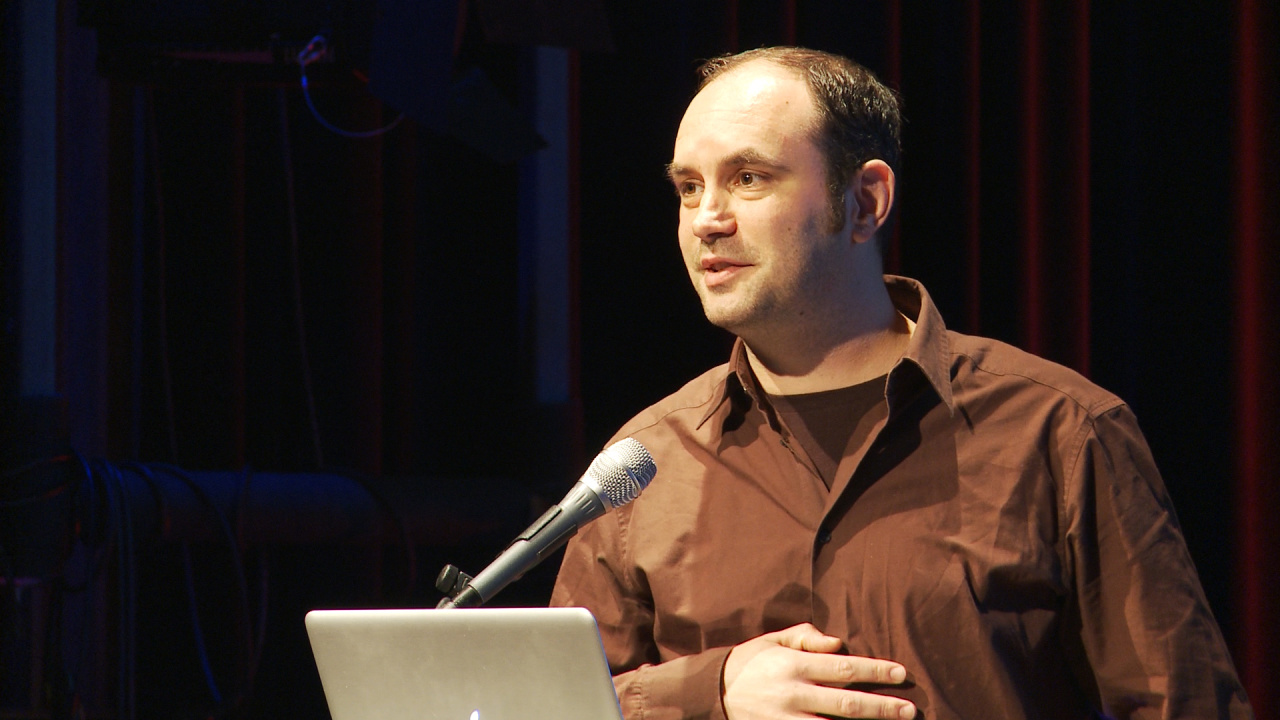Description
One of the fundamental evolutionary principles of biological systems is the natural and random creation of diversity through cell division. Here, the plurality is generated that is of key significance to the adaptive and resistive powers of life. Furthermore, in this manner, organisms can evolve that cope better in a human-defined environment – human beings, in their breeding of livestock and plants, have been exploiting these processes for thousands of years.
The installation on display, a collaboration between KIT, ZKM | Karlsruhe and the private company Heurisko, brings current scientific activity into the museum space, making the process of cultivating microorganisms visible to exhibition visitors. The displayed machine, provided by Heurisko, is able to select, from a pool generated through natural diversification, those microorganisms which are able to metabolize not only sugar, as
food, but also other carbon compounds. This is achieved through controlled, continuous selection of the involved microorganisms – over a period of time, those variants of the organism prevail that can most successfully utilize the provided nutrients. This experiment follows, in real time, human-controlled evolution designed to optimize an organism for a technical application: creating the ability, for example, to eliminate problematic chemicals from the environment.
Video Documentary:
ZKM | Institute for Visual Media
Camera: Rabea Rahmig, Jonas Pickel
Editing: Jonas Pickel
